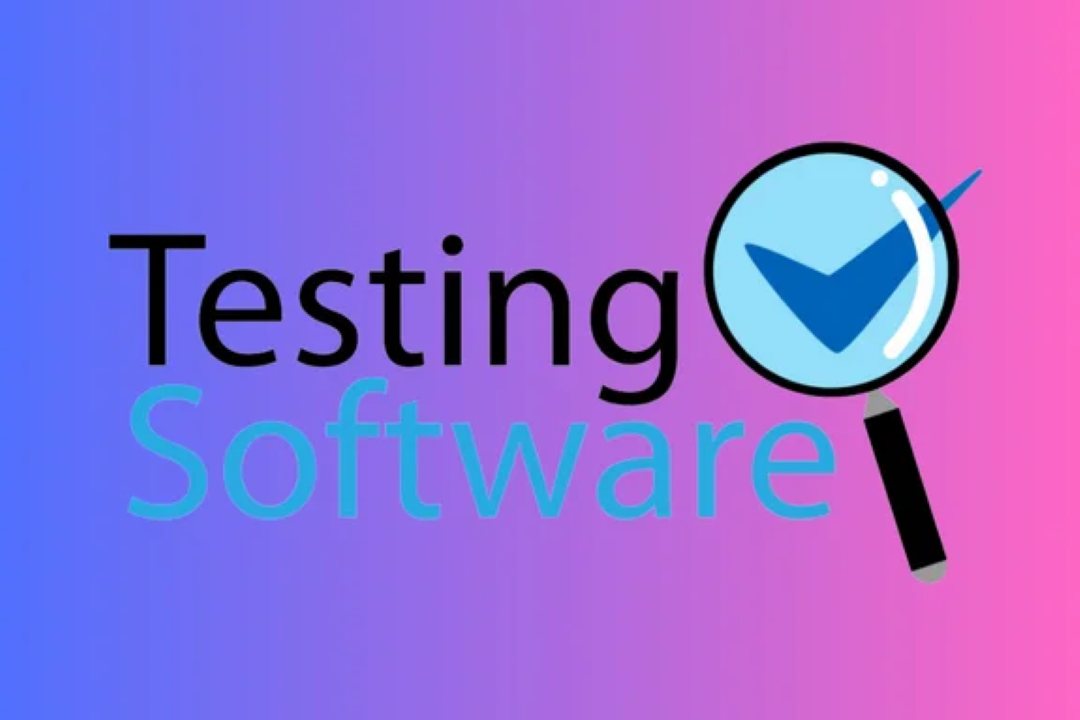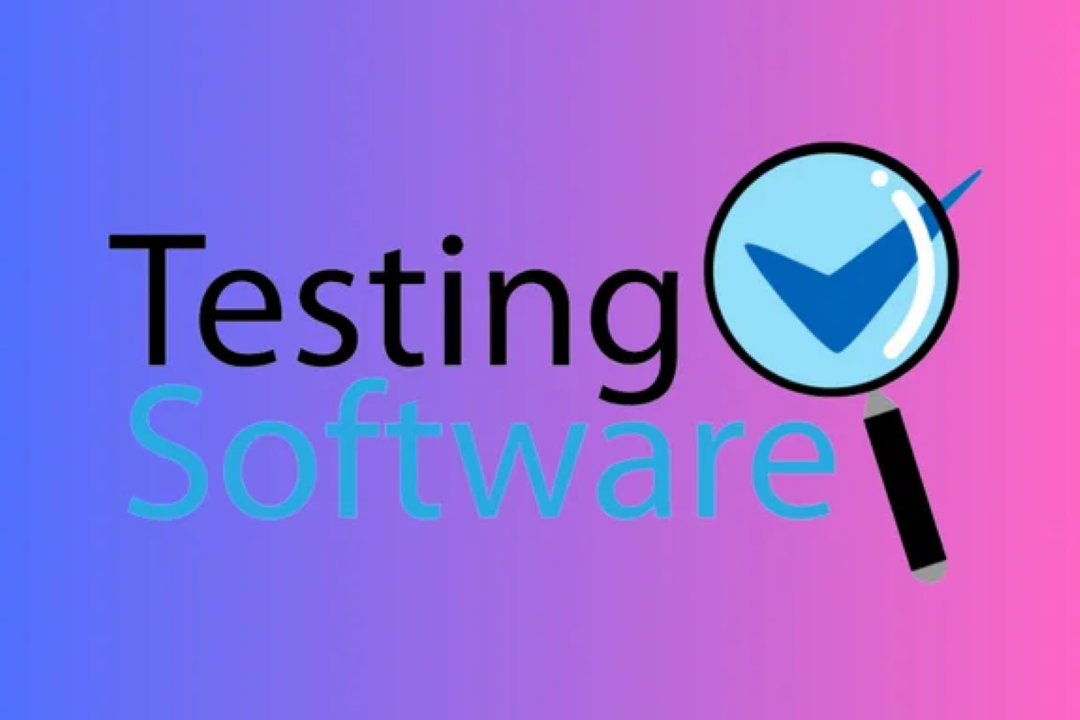Io.Appium.Android.Ime Signatures Do Not Match The Previously Installed
The "io.appium.android.ime Signatures Do Not Match" error in Appium signifies a conflict between the
Io.Appium.Android.Ime Signatures Do Not Match The Previously Installed
The “io.appium.android.ime signatures do not match” error is crucial to understand for anyone involved in mobile automation testing with Appium. This message indicates a mismatch between the digital signatures of the Input Method Editor (IME) that Appium is attempting to use and the one already installed on the device. It serves as a safeguard against potential security issues that could arise if unauthorized or conflicting software were allowed to interact with the device's input methods. Resolving this issue ensures that automated tests can run smoothly without interruption, which is essential for maintaining the integrity and reliability of mobile applications being tested. Properly addressing this error facilitates a seamless testing experience and enhances the overall efficiency of the QA process.
To Download Our Brochure: https://www.justacademy.co/download-brochure-for-free
Message us for more information: +91 9987184296
The “io.appium.android.ime signatures do not match” error is crucial to understand for anyone involved in mobile automation testing with Appium. This message indicates a mismatch between the digital signatures of the Input Method Editor (IME) that Appium is attempting to use and the one already installed on the device. It serves as a safeguard against potential security issues that could arise if unauthorized or conflicting software were allowed to interact with the device's input methods. Resolving this issue ensures that automated tests can run smoothly without interruption, which is essential for maintaining the integrity and reliability of mobile applications being tested. Properly addressing this error facilitates a seamless testing experience and enhances the overall efficiency of the QA process.
Course Overview
The “io.appium.android.ime signatures do not match the previously installed” course offers an in-depth exploration of troubleshooting this common error encountered during mobile automated testing with Appium. Participants will learn the importance of digital signatures in ensuring security and compatibility within testing environments, as well as practical strategies to resolve signature mismatches. Through real-time projects and hands-on exercises, learners will gain essential skills to effectively identify, diagnose, and fix issues related to IME signatures, ensuring smoother automation workflows and enhanced application testing results. This course is ideal for QA professionals and developers seeking to optimize their mobile testing processes.
Course Description
The ‘io.appium.android.ime signatures do not match the previously installed’ course provides participants with comprehensive insights into resolving this specific error encountered during mobile automation testing with Appium. Through a blend of theoretical knowledge and practical application, learners will understand the significance of Android Package Signing and how mismatched signatures can disrupt testing workflows. By engaging in real-time projects, participants will develop the skills needed to troubleshoot and fix signature-related issues, ultimately enhancing their mobile testing efficiency and ensuring seamless integration of automation tools in their development processes. This course is essential for QA professionals and developers aiming to refine their expertise in mobile application testing.
Key Features
1 - Comprehensive Tool Coverage: Provides hands-on training with a range of industry-standard testing tools, including Selenium, JIRA, LoadRunner, and TestRail.
2) Practical Exercises: Features real-world exercises and case studies to apply tools in various testing scenarios.
3) Interactive Learning: Includes interactive sessions with industry experts for personalized feedback and guidance.
4) Detailed Tutorials: Offers extensive tutorials and documentation on tool functionalities and best practices.
5) Advanced Techniques: Covers both fundamental and advanced techniques for using testing tools effectively.
6) Data Visualization: Integrates tools for visualizing test metrics and results, enhancing data interpretation and decision-making.
7) Tool Integration: Teaches how to integrate testing tools into the software development lifecycle for streamlined workflows.
8) Project-Based Learning: Focuses on project-based learning to build practical skills and create a portfolio of completed tasks.
9) Career Support: Provides resources and support for applying learned skills to real-world job scenarios, including resume building and interview preparation.
10) Up-to-Date Content: Ensures that course materials reflect the latest industry standards and tool updates.
Benefits of taking our course
Functional Tools
1 - Appium
Appium is a powerful open source test automation framework specifically designed for mobile applications. It enables developers to write tests using various programming languages such as Java, Python, and Ruby. With Appium, users can automate testing for both Android and iOS platforms, making it an essential tool for mobile developers and testers. The flexibility of the framework allows students to create complex test scenarios that can simulate real user interactions, ensuring applications perform as expected across different devices.
2) Android Debug Bridge (ADB)
ADB is a versatile command line tool that facilitates communication between a development machine and Android devices. In the context of Appium, ADB assists in managing Android devices, deploying applications, and executing various commands. Understanding ADB is crucial for students as it allows them to troubleshoot issues related to device connectivity, logcat output, and app installations. This tool is fundamental in setting up the environment for mobile testing, enabling effective interaction between the automation scripts and the Android operating system.
3) Java Development Kit (JDK)
The Java Development Kit is a core component for developing Java applications and is often required for running Appium tests. Having JDK installed on the system allows students to compile and execute their test automation scripts effortlessly. It provides essential libraries and tools necessary for Java development, ensuring that students can leverage object oriented programming principles when creating robust automated tests. Proficiency in JDK is critical for any student looking to master Java based testing frameworks.
4) Node.js
Node.js is a JavaScript runtime built on Chrome's V8 JavaScript engine that is essential for running Appium server commands. Students will learn how to use Node.js to set up the Appium server, manage dependencies, and interface with various testing libraries effectively. This environment allows for the use of JavaScript in writing test scripts, making it a highly relevant tool for students as JavaScript continues to grow in popularity in the development community.
5) Selenium WebDriver
While primarily known for web automation, Selenium WebDriver plays a crucial role in mobile testing with Appium. Understanding how Selenium integrates with Appium grants students the flexibility to apply their web automation skills in a mobile context. This knowledge enhances their test automation capabilities, enabling them to create comprehensive tests that span both mobile and web applications. Furthermore, familiarity with Selenium’s API enriches the student’s toolkit, preparing them for diverse testing environments.
6) Gradle
Gradle is a build automation tool that helps manage dependencies and build processes in Android projects. In the context of the Appium course, students will learn how to use Gradle to configure their project environment efficiently. This includes managing libraries, running tasks, and handling version control within mobile applications. Understanding Gradle simplifies the setup process, allowing students to focus on developing and executing their automated tests without getting bogged down by configuration issues. Grasping Gradle’s role in mobile app development ensures that students are well versed in modern mobile development practices.
By exploring these tools, students will gain a comprehensive understanding of the ecosystem surrounding mobile automation and how to effectively utilize each component to enhance their test automation skills.
7) Android Studio
Android Studio is the official Integrated Development Environment (IDE) for Android app development. It provides a comprehensive suite of tools for building, testing, and debugging Android applications. Students will learn how to use Android Studio to create and manage their projects, write code, and integrate Appium for testing. Understanding Android Studio is vital as it offers features such as a layout editor, code editor, and performance tools that streamline the testing process, making it easier to identify and fix issues in mobile applications.
8) Xcode
Xcode is the IDE for iOS applications, providing developers with tools for building and testing iOS apps. In the Appium course, students will gain exposure to Xcode and its role in mobile app automation. They'll learn how to set up and configure their iOS environment, run applications on simulators, and manage certificates and provisioning profiles. Familiarity with Xcode is key for automating tests for iOS applications, ensuring students can run tests smoothly across both major mobile platforms.
9) TestNG
TestNG is a testing framework inspired by JUnit but designed to provide more functionality and flexibility for test configurations. It supports parallel test execution, data driven testing, and a rich set of annotations. In the context of Appium, students will learn to implement TestNG to structure their test scripts, manage test cases efficiently, and generate comprehensive reports. Mastery of TestNG enhances their testing capabilities, allowing for better organization and execution of large test suites.
10) Cucumber
Cucumber is a testing framework that supports behavior driven development (BDD) methodology. It allows students to write test cases in plain language, making them understandable for non technical stakeholders. By integrating Cucumber with Appium, students will learn to write executable specifications that drive automated tests for mobile applications. Understanding Cucumber enables students to cultivate collaboration between technical and non technical team members while promoting better test coverage.
11 - Appium Desktop
Appium Desktop is a graphical user interface for Appium that simplifies the process of inspecting mobile applications and managing sessions. Students will learn to use Appium Desktop for session management, viewing UI elements, and recording test scripts. This tool allows for a more intuitive approach to test design and debug, helping students become proficient in identifying elements and developing tests that accurately reflect user interactions within mobile apps.
12) Maven
Maven is a build automation tool primarily for Java projects. For students in the Appium course, understanding Maven will allow them to manage project dependencies and automate the build process efficiently. They will explore how to configure a Maven project for test automation, enabling seamless integration with various testing frameworks and tools within the Java ecosystem. Familiarizing themselves with Maven helps students ensure that their test projects are organized and maintainable.
13) Appium Inspector
The Appium Inspector is an essential tool for identifying and interacting with UI elements in mobile applications. It allows students to visually inspect mobile app interfaces, enabling them to understand the element hierarchy and properties. By learning how to use Appium Inspector, students can create targeted and effective automation scripts, ensuring higher accuracy in their test cases. The inspector streamlines the process of element identification, significantly enhancing the test design phase.
14) Docker
Docker is a platform used to develop, ship, and run applications in containers, promoting consistency in testing environments. In the Appium context, students will learn how to use Docker to create isolated environments for running their automated tests, managing dependencies without affecting their local setup. Utilizing Docker ensures that tests run consistently across various environments, preventing “it works on my machine” issues, and becomes a valuable skill in modern DevOps practices.
By integrating these additional tools and technologies into the Appium training, students will develop a well rounded skill set that prepares them for real world mobile testing scenarios, enhancing their employability and capabilities in the tech industry.
Browse our course links : https://www.justacademy.co/all-courses
To Join our FREE DEMO Session:
This information is sourced from JustAcademy
Contact Info:
Roshan Chaturvedi
Message us on Whatsapp:
Email id: info@justacademy.co










